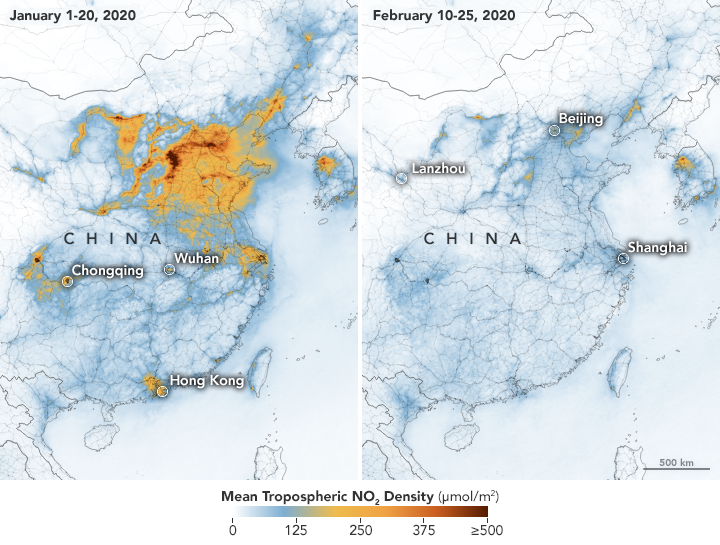Let’s take a look at some examples.
The global shutdown measures that have been implemented as a result of the current outbreak have impacted every aspect of life in the affected areas and had a ripple effect around the world. However, crises such as this have led to some remarkable leaps forward for humanity in the past.
Here, in a slightly more lighthearted post (which we hope is a welcome distraction for anyone stuck home in quarantine), we’ll take a look at some of the good things that have come about as a result of human resilience.
Discovery of Gravity
Perhaps an inspiration for many who are currently at home, having been told to leave their schools and universities, is one of science’s greatest discoveries.
In 1665, there was a plague in England which caused Cambridge University to close. As a result, Isaac Newton had to return to his family home at Woolsthorpe in Lincolnshire. This was one of his most productive periods, and he took the opportunity to investigate optics, famously by putting a bodkin needle in his eye to see what happened, rather than trusting his textbook.
During this period, he also laid the groundwork for his theories of calculus and the laws of motion. Watching an apple fall from a tree at Woolsthorpe is believed to be that inspired him to develop the theory of gravity.
The Black Death
Another English example, and perhaps one we should not be so keen to emulate, is the Black Death. When the bubonic plague first arrived in England in 1348, it killed a huge proportion of the population. Although still debated, it has been suggested that this reduction in the workforce, both of agricultural labourers and of artisans, which led to greater economic freedom for those who were left.
The changes are best documented by the legislation passed in attempts to prevent them.
One of these was the Statute of Labourers, issued in 1351, which tried to prevent labourers from accepting wages higher than pre-plague levels. 12 years later, in 1363, a further law was passed which regulated the type and style of clothes that people at all levels of society could wear, and sought to limit what common people could eat. This was passed as a response to peasants and the lower orders of society trying to climb the social ladder.
Eventually, the increasing measures and return of the plague led to the Great Revolt of 1381. This ocurred across much of England, but it was people from Kent and Essex, in the South East, who invaded London, beheaded the Archbishop of Canterbury and forced the King (who was only 14), to make concessions on taxes.
War and Women
It’s hardly a secret that WW1 led to widescale social changes across many countries. The removal of millions of men from the economy, as they were sent to front lines, led to large holes that needed to be filled.
In almost every country participating in the war, these holes were filled by women. Women took part in work both at home and on the front lines, in jobs including manufacturing, farming, nursing, etc. This extra work gave an impetus to women’s suffrage movements. Many historians have pointed out that women contributed equally to the war effort, and that they often suffered to a greater extent than men.
This was reflected in President Woodrow Wilson’s speech on September 30, 1980, in which he said: “We have made partners of the women in this war… Shall we admit them only to a partnership of suffering and sacrifice and toil and not to a partnership of privilege?”
Although it took another year for white American women to get the vote, other countries extended suffrage as well, although often to limited classes of women. In the U.K., the Representation of the People Act 1918 extended the right to vote to women who passed a certain property qualification. Canadian women got the right to vote in 1917, German and Polish women in 1918, and Austrian and Dutch women in 1919.
Today
Although current events are not on anywhere near the same scale of crisis as the examples mentioned above, the quarantining of cities is having a big impact. In fact, this impact is big enough to be seen from space!
NASA recently released images of that show the amount of nitrous oxide in the atmosphere, as measured by satellites. This gas is a common pollutant found in vehicle exhaust and emitted by power plants.

The same reduction is also being seen over Italy.
Although this is not a long-term solution to the problem of air pollution, it just shows how rapidly some man-made problems can dissipate when we stop adding to them.
The point is that good things can come when you least expect them, so it’s important to stay positive. We hope you found this as interesting as we did… and that you enjoyed this bit of light relief while you’re working from home.